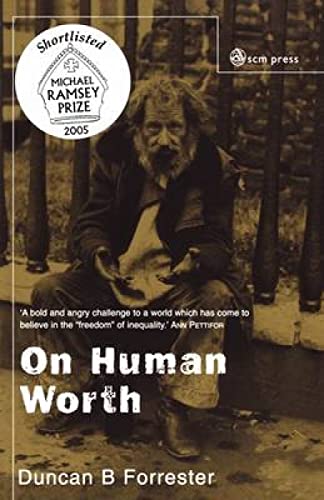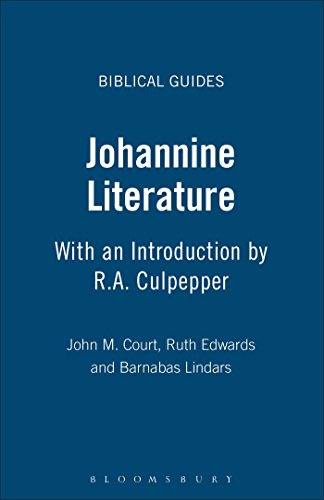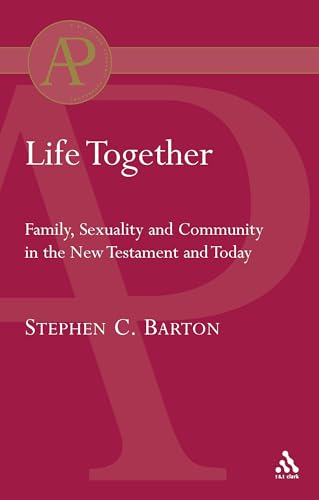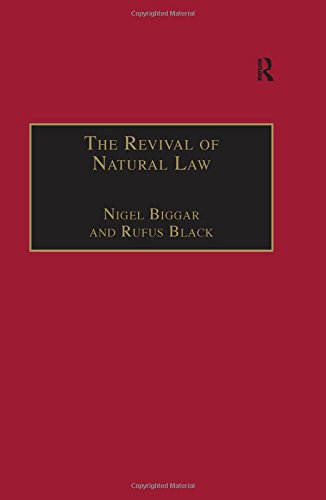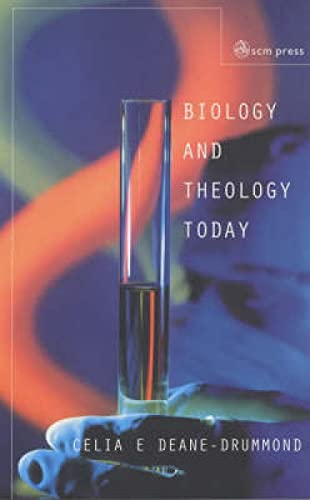This is really a book about ‘equality’. Human worth is focused on in the title because a prior decision about the worth of human beings is fundamental to any theory of equality.
The book is in three parts. The first part entitled ‘Equality Today’ has two chapters—the first, (‘Meanings’), contains a very helpful analysis of the possible meanings of ‘equality’ and the second (‘Convictions, Theories and Theologies’) an outline of the history of the concept from its roots in Christianity and Graeco-Roman philosophy through its secularisation to contemporary Labour Party dogma.
The three chapters of part 2 entitled ‘The Christian Shape of Equality’ examine the concept of ‘Biblical Roots’ (ch. 3), and its history in the Christian tradition up to the nineteenth century (ch. 4, ‘Shoots of Christian equality’). Chapter 5, ‘Modern Theologies of Equality’ examines the Christian socialism of R.H. Tawney, Liberation Theology and the concept of equality in modern Roman Catholic social teaching.
Part 3, ‘Fruits of Equality: Practices and Policies’ deals with the practical implications of the theory discussed in the first 2 parts. Chapter 6, entitled ‘Egalitarian Lifestyle’, deals with the personal implications of a Christian commitment to equality while Chapter 7 deals with its implications for the church [The Inclusive Church’]. The final chapter, ‘Equality and the Politics of Inclusion’ looks at the implications for public policy with particular focus on the concept of social exclusion and health.
There is much to be commended in this volume. Not only does it show that the Christian faith has social and political implications but it also proves that one of the key concepts of contemporary thinking about the nature of a just society, that is, the essential equality of human beings, is a Judeo-Christian concept. If nothing else, this gives us a right as Christians to speak in the public sphere from which secular humanists have been trying hard to exclude us. Having stolen our Christian equality suit in the nineteenth century, Forrester is right to claim that, having almost worn it out, secularists should now be prepared to listen to Christian advice as to how to make a new one.
Unfortunately what is said about how this should be done in the practical third part of the book is not as inspiring as the theory. It is not difficult to challenge our self-indulgent Western lifestyle but without a strong eschatological perspective, which Forrester lacks, we will never break free from our bondage to mammon. Then, it is easy to get depressed when thinking about the church and bemoaning the fact that it is not what it should be. While not denying the visible church’s many failures there is also a lot of good news if one looks for it. One feels that the volume would have benefited a lot from greater contact with socially active evangelicalism at this point.
Finally, another virtue of this volume is a large number of very good quotes. The following statement by a Leveller leader in 1685 just before his execution for taking part in the Monmouth rebellion should whet the appetite: ‘I am sure there was no man born, marked of God above another; for no man comes into the world with a saddle on his back, neither any booted and spurred to ride him.’
Dewi Hughes
Theological Advisor, Tearfund


